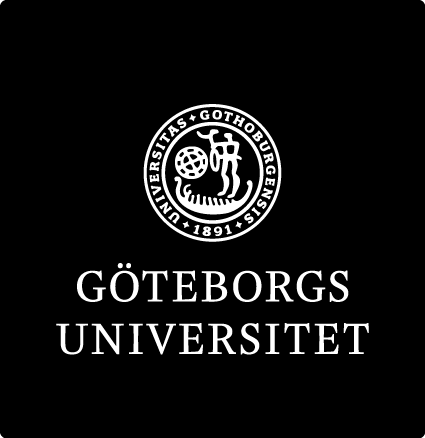Krishna Ronanki
PhD Student - Software Engineering
Research Focus
My research focuses on leveraging generative AI models to tackle software engineering challenges.I also investigate the impact of prompt engineering techniques on the performance of these models across various software engineering tasks.Additionally, I strive to foster the use of these Generative AI models within the realm of software engineering in a trustworthy manner.
Licentiate Abstract
Objective: This research systematically investigates two of the three major aspects related to the integration of Large Language Models (LLMs) into Requirements Engineering (RE) processes: focusing on their technical capabilities, perceived usefulness, and ethical/regulatory constraints.Methodology: A multi-methodological research design was employed, combining experiments and interviews to evaluate LLMs' technical proficiency in select RE tasks. A case study was conducted to understand the practical implications of LLM-assisted RE. A tertiary review and meta-analysis of relevant ethical AI guidelines was performed to assess their impact on the use of LLMs in RE.Results: The findings suggest that ChatGPT, based on GPT-3.5, is proficient in creating requirements that meet high standards of abstraction, atomicity, correctness, completeness, and understandability. Additionally, it is capable of assessing the quality of user stories, showing strong agreement rate with human experts' evaluations (ground truth). The findings also present the effectiveness of various prompt patterns that enable the automation of select RE tasks. Insights from the case study highlight the potential of LLMs as AI assistants and the need for human oversight. It also underscored the evolving role of engineers, the necessity for workflow restructuring, and effective prompt engineering practices in LLM-assisted RE processes.
Publications
Prompt Smells: An Omen for Undesirable Generative AI Outputs
Requirements Engineering using Generative AI: Prompts and Prompting Patterns
Investigating ChatGPT’s Potential to Assist in Requirements Elicitation Processes
RE-centric Recommendations for the Development of Trustworthy (er) Autonomous Systems
Affiliations


